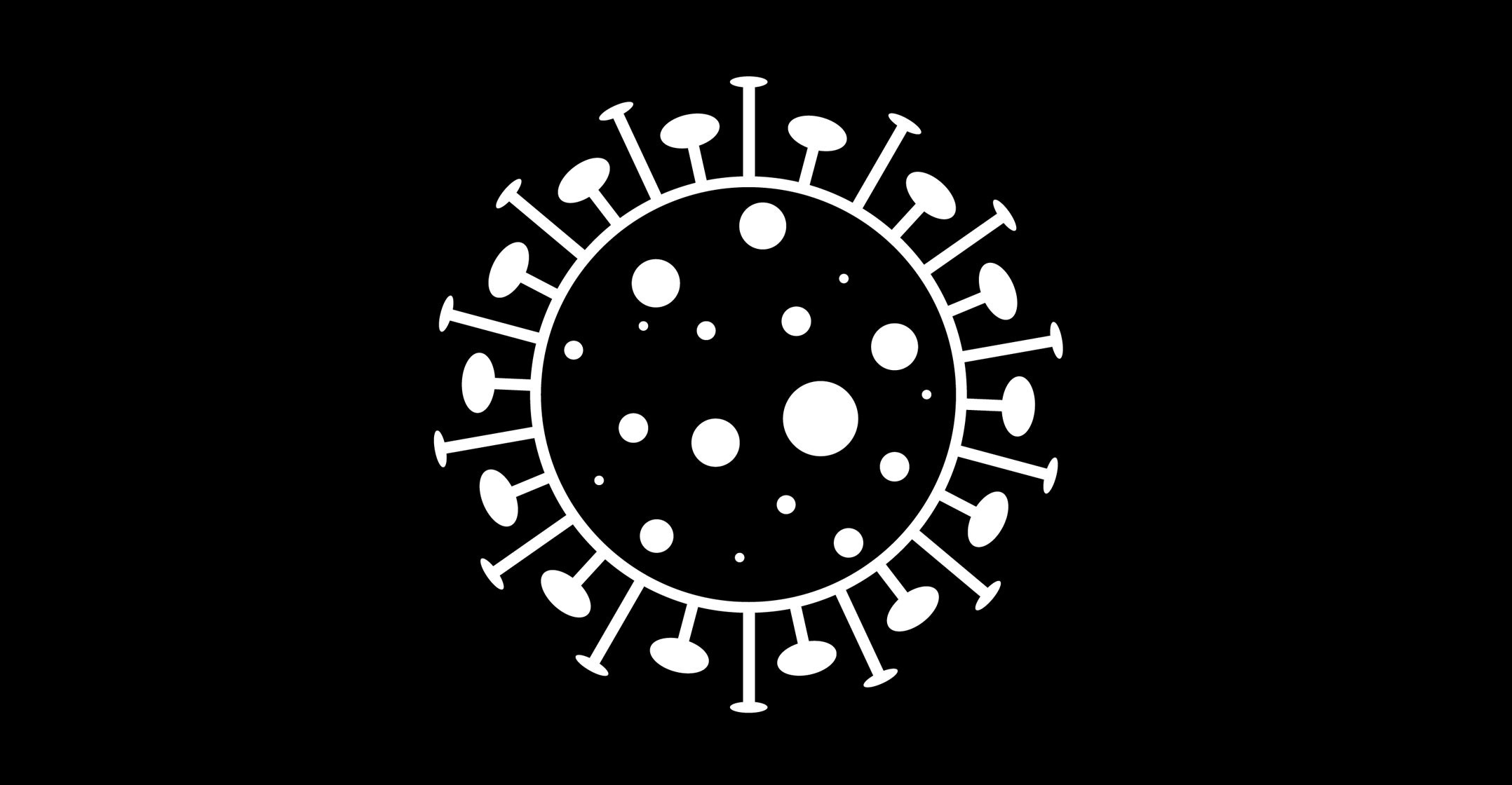 Recently published research has revealed that a new Covid-19 variant, called C.1.2, has been identified in South Africa.
Recently published research has revealed that a new Covid-19 variant, called C.1.2, has been identified in South Africa.
According to researchers, there are concerns that this variant of interest has been associated with increased transmissibility, neutralisation resistance and disease severity.
“Here we report the identification of a potential variant of interest assigned to the Pango Lineage C.1.2,” the preprint analysis published last week read. The Pango, which stands for Phylogenetic Assignment of Named Global Outbreak Linages, refers to the software tool for sequence assignment used by researchers to track the transmission and spread of Covid-19.
“This lineage was first identified in May 2021 and evolved from C.1, one of the lineages that dominated the first wave of Sars-CoV-2 infections in South Africa and were last detected in January 2021.”
According to KwaZulu-Natal Research Innovation and Sequencing Platform (Krisp) director at the University of KwaZulu-Natal Tulio de Oliveira, this was the result of the work of dozens of scientists as part of the Network of Genomic Surveillance in South Africa (NGS-SA).
Of concern
“The preprint analysis was led by National Institute for Communicable Diseases and Krisp,” he said, adding that it also involves young women scientists, including Catherine Scheepers, who is the first author.
According to the analysis, C.1.2 has since been detected across the majority of the provinces in South Africa and several other countries in Africa, Europe, Asia and Oceania.
“The emergence of C.1.2 was associated with an increased substitution rate, as was previously observed with the emergence of the Alpha, Beta and Gamma variants of concern.”
 The US Centres for Disease Control and Prevention (CDC) defines a variant of interest (VOI) as a variant where there is evidence of an increase in transmissibility and more severe disease, which may lead to hospitalisation or death.
The US Centres for Disease Control and Prevention (CDC) defines a variant of interest (VOI) as a variant where there is evidence of an increase in transmissibility and more severe disease, which may lead to hospitalisation or death.
The CDC said the significant reduction in neutralisation by antibodies generated during previous infection or vaccination reduced effectiveness of treatments or vaccines, or led to diagnostic detection failures.
Meanwhile, variants of concern are associated with specific genetic markers that have been associated with changes to receptor binding, reduced neutralisation by antibodies generated against previous infection or vaccination, reduced efficacy of treatments, potential diagnostic impact, or predicted increase in transmissibility or disease severity.
According to the US epidemiologist and health economist Dr Eric Feigl-Ding, this means that this new variant has somehow mutated so fast and far that it is now the furthest mutated variant found to date.

